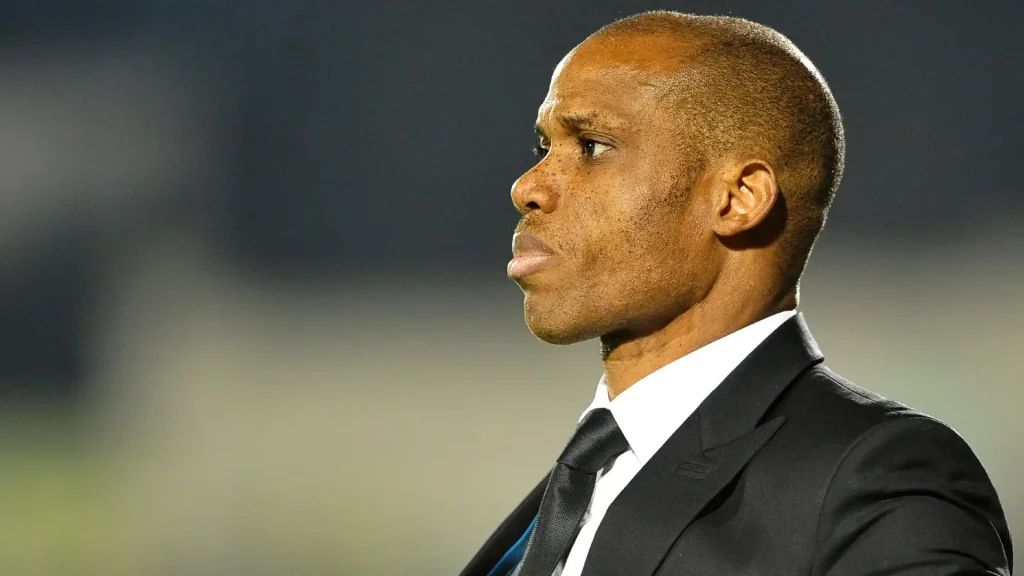Kenyan President William Ruto announced on Wednesday that he will not sign a controversial finance bill proposing new taxes into law. This decision comes in the wake of deadly protests, where demonstrators stormed parliament, leading to several fatalities and injuries.
The proposed finance bill aimed to raise funds to address Kenya’s debt, but it sparked widespread dissatisfaction among citizens struggling with economic hardships. The chaos on Tuesday, which saw the government deploy the military, resulted in what Ruto called “treasonous” actions by the protesters.
Ruto admitted the bill caused “widespread dissatisfaction” and stated, “It is necessary for us to have a conversation as a nation on how to manage the affairs of the country together.” The president’s concession marks a significant setback for his administration, which initially promised to alleviate economic pressures on Kenyans.
The protests, deemed the largest assault on Kenya’s government in decades, saw thousands of demonstrators storm parliament. Human rights groups reported that at least 22 people were killed, and police were accused of some of the shooting deaths. Ruto acknowledged the casualties and offered condolences, noting about 200 people had been wounded.
Following the protests, Kenya’s High Court ordered the suspension of the military deployment after a challenge by the Kenya Law Society. On Wednesday, there were no reports of violence, but civil society groups expressed concerns about potential abductions of protest participants.
Many young voters who supported Ruto in the 2022 elections are now opposing his latest reforms due to the economic strain they impose. The unrest has prompted the president to reconsider his approach, with further protests planned at the State House on Thursday.



